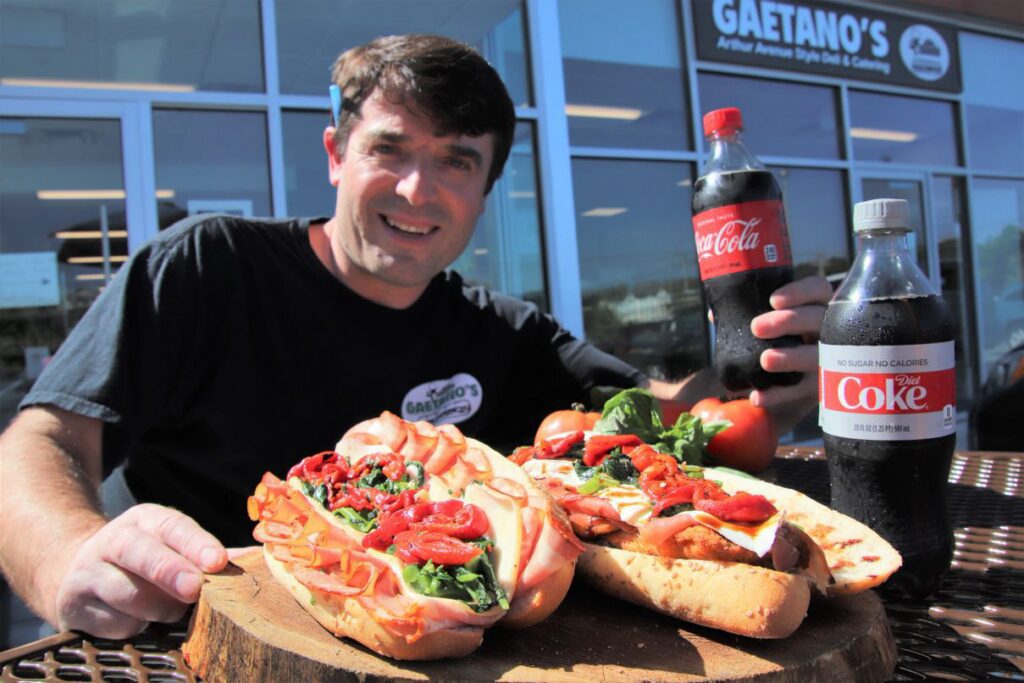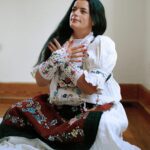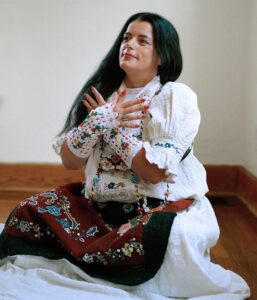Milaim Ukehaxhaj’s life reads like an epic forged by war, sacrifice, and the unyielding pull of home. In an interview with ATLANTIKU, the Albanian-American deli owner recounted his journey—from tending sheep in Kosovo’s mountains to earning Food Network’s praise in Connecticut—with a clarity that left no room for embellishment. Every word, drawn directly from his responses, paints a portrait of resilience.
Growing up in Kosovo, Ukehaxhaj’s childhood was defined by simplicity and labor. “In the summers, I would travel up to the mountains where it was cooler with my grandmother and siblings” he told us. “We would play all day outside while also shepherding the sheep and cows, as this was our livelihood.” But the shadow of conflict loomed. By the early 1990s, as Serbia’s aggression toward Kosovo intensified, Ukehaxhaj faced an impossible choice: stay and fight alongside his brother Besim, who joined the Kosovo Liberation Army (UCK), or flee to secure a future for his family. “I knew I had to leave to make a better life for myself as well as my family back home” he explained. With his brother-in-law Mevlan accompanying him, he boarded a plane to the U.S., carrying little but the address of a cousin in New York.
Arriving in America, Ukehaxhaj was thrust into a world of foreign language and customs. “The hardest part was not knowing the language or the culture” he admitted. His cousin Dervishi, a lifeline, secured him a job at Mike’s Deli on Arthur Avenue in the Bronx, a street synonymous with Italian-American heritage. For six years, Ukehaxhaj immersed himself in the rhythms of the deli—slicing cured meats, stacking cheeses, and scrubbing floors—while teaching himself Italian and English. “I was shy and scared, but I knew I had to work hard to support my family” he said. Every dollar he earned was sent back to Kosovo, a ritual of sacrifice that left him rationing meals to save more. The deli became his classroom. He crossed paths with politicians and celebrities—Hillary Clinton, Rudy Giuliani, Jennifer Aniston—but his focus never wavered. “I had no time for doubt” he said. “My family needed me.”
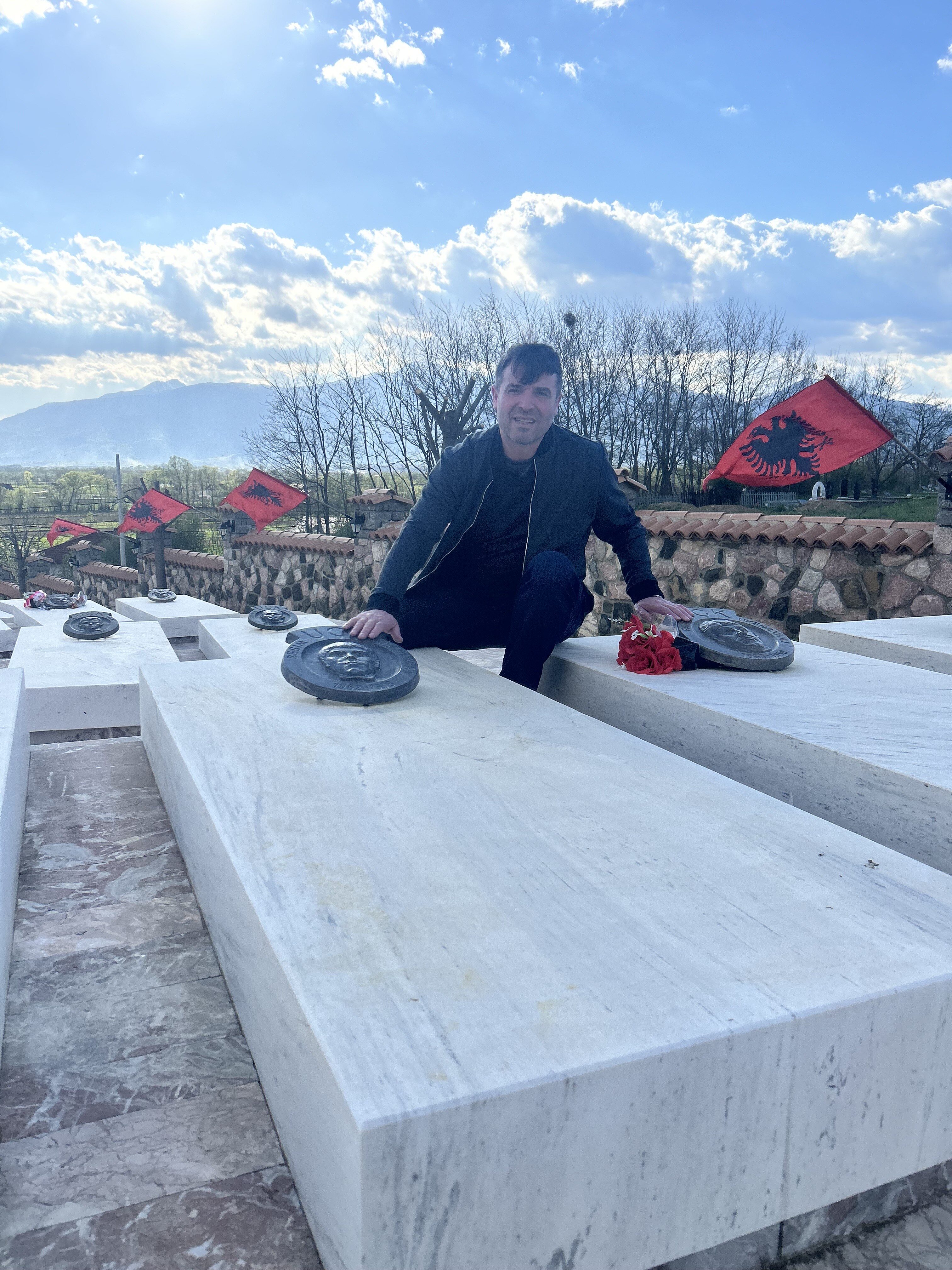

Tragedy struck in the late 1990s. As war ravaged Kosovo, Ukehaxhaj’s brother Besim and cousin Faik, both UCK soldiers, were killed on their family’s property. “This was a harsh time for my family” he told Atlantiku. Besim’s death left behind a widow and six children, a burden Ukehaxhaj shouldered without hesitation. “They were now my responsibility as the only surviving male” he said. By then, he had married Diana, an Albanian immigrant he met on Arthur Avenue, and together they moved to Connecticut. With savings painstakingly accumulated over years and a partnership forged at Mike’s Deli—Gaetano, a coworker turned confidant—they gambled on a vacant storefront.
Their deli, modeled after the Arthur Avenue original, became a labor of love. Hams and provolone dangled from the rafters; shelves groaned with imported olives and aged cheeses. “We recreated the authenticity of an Italian deli” Ukehaxhaj wrote. But what set them apart, he insisted, was not the food alone. “Anyone can make a sandwich, but how you make your customers feel is just as important” he explained. Regulars were greeted by name, their preferences memorized, their stories exchanged. Food Network took notice, dubbing the deli “Best in Connecticut” but Ukehaxhaj’s pride lay deeper. “The customers become my friends and family” he said. “That’s something special.”
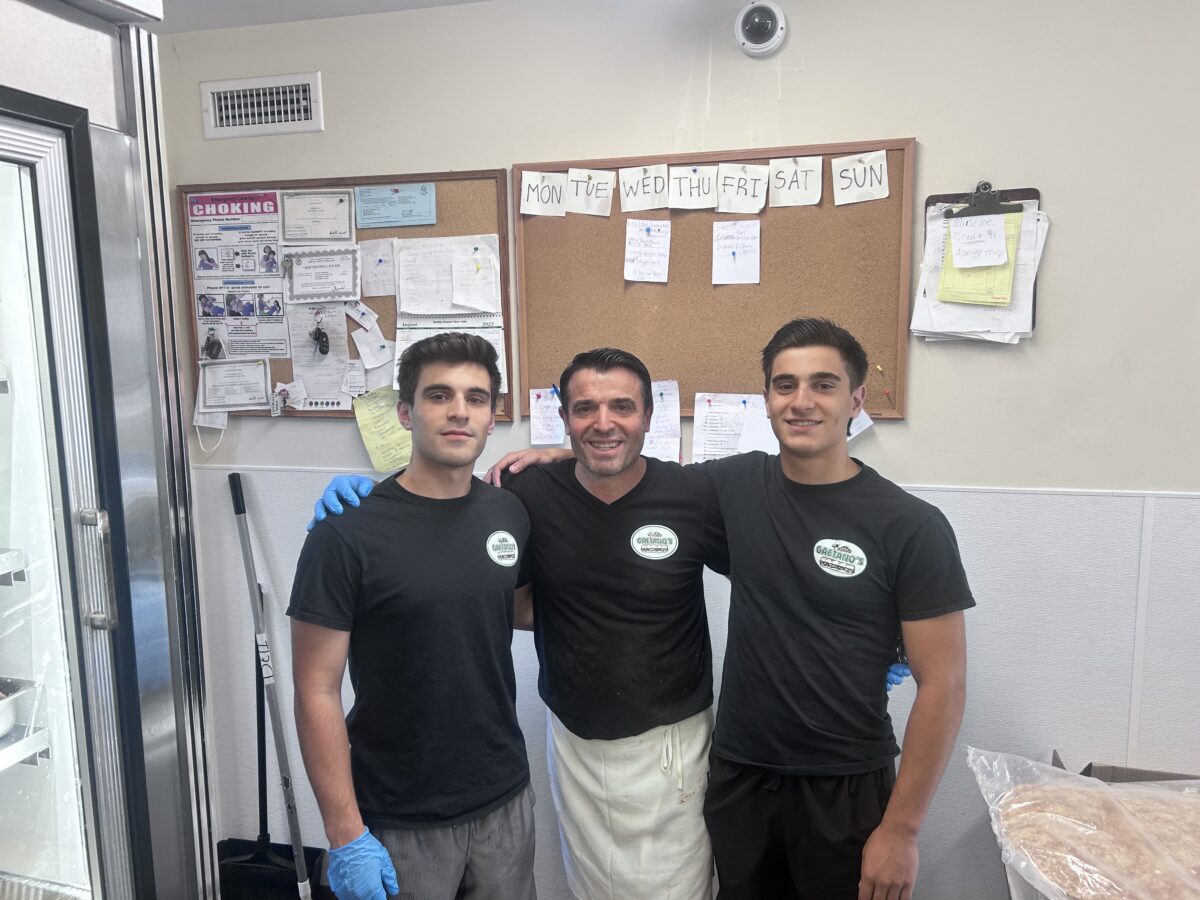

Success, however, never eclipsed his roots. Every summer, Ukehaxhaj sent his three children—Benjamin, Brandon, and Briana—to Kosovo. “They stayed with my parents and sister-in-law Hamidja, living as I did: no luxuries, just the land and our traditions” he wrote. “My brother died fighting for that soil. My children needed to feel it.” Back in Connecticut, he quietly funded the rebuilding of war-torn homes, bought textbooks for orphans, and stocked pantries for struggling families. “After the war, people had nothing” he said. “I helped rebuild homes, gave money for food—whatever I could.” His generosity, often anonymous, stemmed from empathy. “I’d been poor. I’d been hungry. How could I not help?”
When asked what advice he’d give young Albanian-Americans, Ukehaxhaj’s response was unequivocal: “Respect. Discipline. Find your passion and work harder than anyone else.” He emphasized humility, urging them to “live within your means” and never forget their heritage. “Nothing comes easy, especially in a new country,” he wrote. “But if you remember where you came from, you’ll always find your way.”
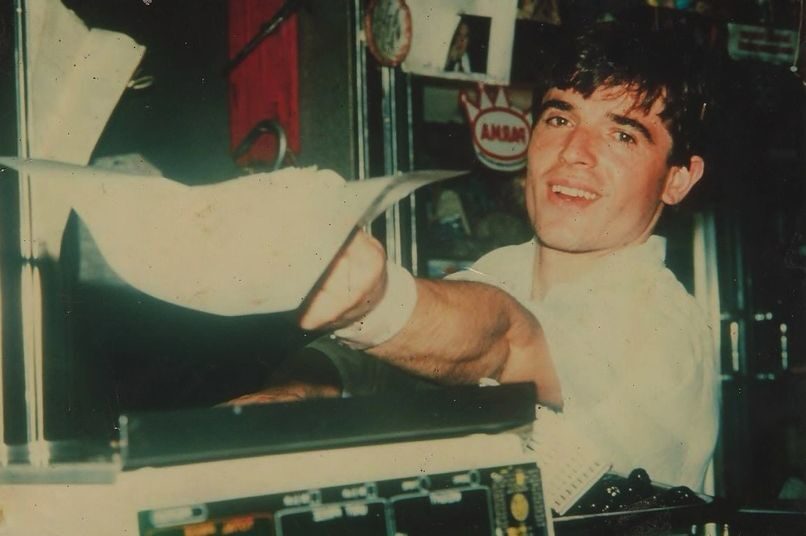

Today, Ukehaxhaj’s deli thrives as a Connecticut institution, its walls adorned with accolades and photos of Besim and Faik—a silent tribute to the brother and cousin he lost. Behind the counter, he still greets customers with the same warmth that earned him fame, his hands calloused from decades of work. “America gave me a chance” he said. “But Kosovo gave me my soul.”/ATLANTIKU

